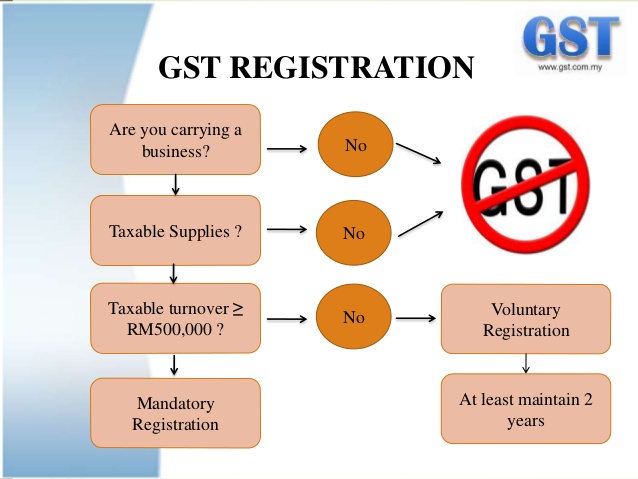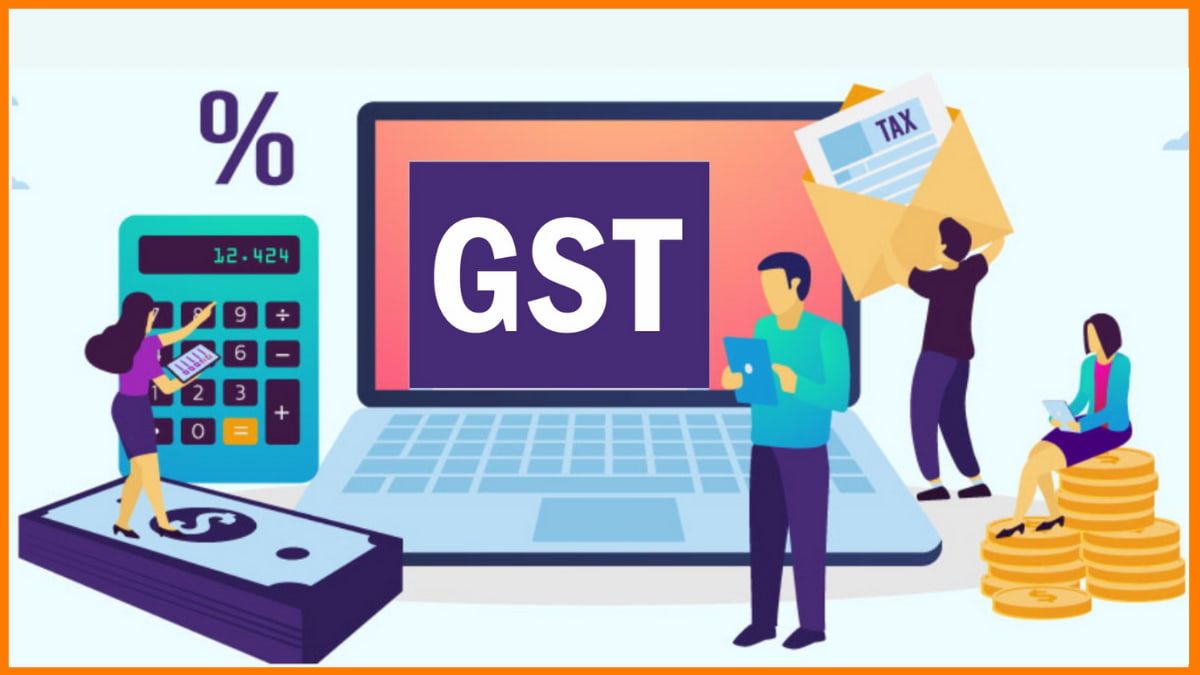Optimize Your Cost Savings with the Best GST Registration Services in Singapore
Optimize Your Cost Savings with the Best GST Registration Services in Singapore
Blog Article
From Begin to End Up: The Ultimate Roadmap to GST Registration for Services Looking For Financial Security
Navigating the complexities of Product and Services Tax (GST) registration is an essential action for companies aiming for monetary security. Breaking down the roadmap right into manageable steps can simplify the registration trip for businesses looking to improve their monetary standing.
Comprehending GST Fundamentals
Digging right into the fundamental principles of Item and Services Tax Obligation (GST) is necessary for acquiring a detailed understanding of its effects on companies and the economic situation. Input Tax Obligation Credit Score (ITC) is a substantial feature of GST, allowing services to assert credit scores for tax obligations paid on inputs, lowering the overall tax burden. Understanding the fundamentals of GST is vital for businesses to comply with tax policies, handle their funds efficiently, and contribute to the country's economic growth by taking part in a transparent tax obligation system.
Qualification Criteria for Registration
As of the current guidelines, the threshold restriction for GST enrollment is a yearly accumulation turn over of 40 lakhs for organizations operating within a state, other than for unique category states where the limit is 20 lakhs. Furthermore, specific companies are called for to register for GST regardless of their turn over, such as interstate providers, informal taxed persons, and services accountable to pay tax under the reverse fee device. It is crucial for services to thoroughly evaluate their turn over and purchase types to identify their GST enrollment obligations precisely.
Documents Required for Enrollment
Having fulfilled the qualification requirements for GST registration, businesses need to currently ensure they have the requisite records in area to continue with the enrollment procedure effectively. The documents needed for GST enrollment generally include evidence of company constitution, such as partnership deed, enrollment certification, or consolidation certificate for different kinds of companies. In addition, companies require to provide papers developing the primary area of company, such as a rental arrangement or electrical power costs.
Step-by-Step Registration Refine
Beginning the GST registration procedure entails a collection of structured actions to make certain a certified and smooth registration for businesses. The initial step is to visit the GST site and submit the registration form with precise information of the company entity. Following this, the candidate receives a Short-lived Reference Number (TRN) which is utilized to return to the application process if it's not finished in one go.
Next, all needed records based on the list provided by the GST portal need to be submitted. These papers generally consist of evidence of company identity, address and registration proofs of marketers, financial statements, and business entity's frying pan card.

Post-Registration Compliance Standards

Verdict
In conclusion, companies seeking economic security must recognize the essentials of GST, satisfy qualification criteria, collect essential papers, more info here comply with the step-by-step enrollment process, and follow post-registration standards - Best GST registration services in Singapore. By adhering to these steps, businesses can ensure compliance with tax obligation regulations and keep economic stability in the lengthy run
In addition, certain organizations are called for to sign up for GST irrespective of their turn over, such as interstate vendors, casual taxable persons, and services accountable to pay tax under the reverse charge device.Having actually satisfied the eligibility requirements for GST registration, companies should currently ensure they have the requisite papers in place to continue with the registration procedure successfully. The papers required for GST enrollment typically consist of proof of service constitution, such as collaboration act, registration certificate, or incorporation certification for different types of companies. Furthermore, organizations need to give documents developing the primary place of organization, such as a rental agreement or electrical energy bill.Beginning the GST enrollment process includes a collection of structured actions to make sure a certified and seamless registration for companies.
Report this page